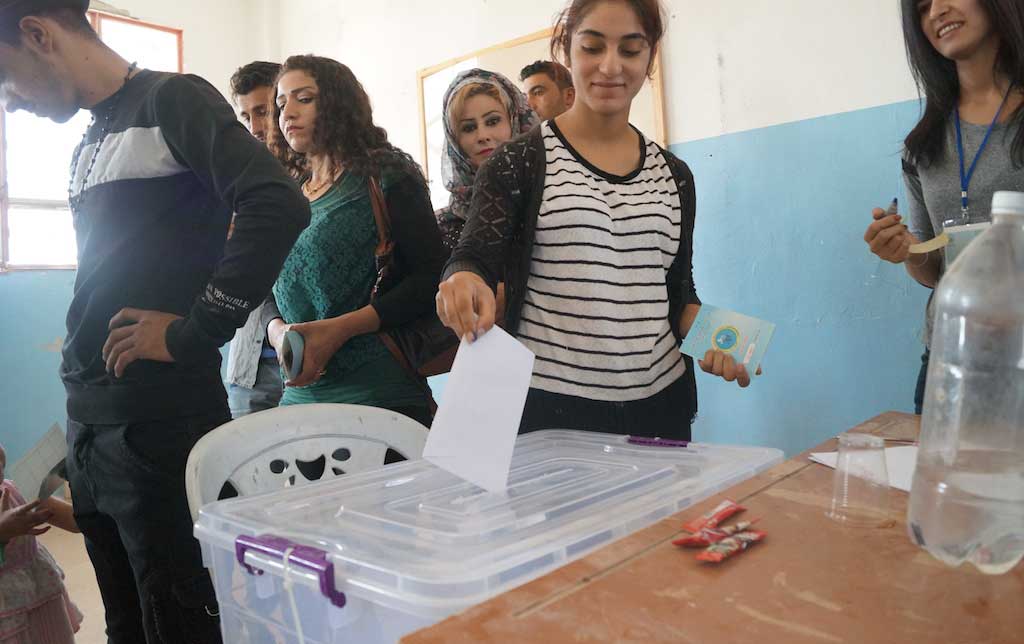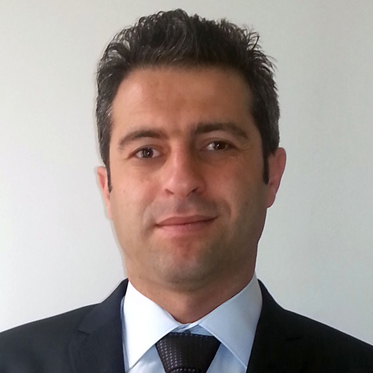Kurdistan Region parliamentarians visit north Syria to monitor Kurdish elections

QAMISHLO, Syrian Kurdistan (Kurdistan 24) – Kurdish authorities of Syrian Kurdistan (Rojava) on Wednesday said they received a delegation of Members of Parliament from the Kurdistan Region to monitor the second round of elections to be held in northern Syria.
Ameena Zikri, the head of the delegation, told Kurdistan 24 the group contained representatives of the three main parties in the Region: Kurdistan Democratic Party (KDP), Patriotic Union of Kurdistan (PUK), and Gorran (Change) Movement.
“We will meet all parties involved in the electoral process and also officials of the political parties that boycotted the elections,” she said.
The delegation contained a group of writers and artists from the Kurdistan Region as well.
The first round of elections in northern Syria was held in September for bodies running local communities, and the second one is to be held in December for bodies running larger areas.
Moreover, elections for the entire region of Rojava will be held in January.
A member of the Election High Commission in Rojava said the call for parliamentarians is part of efforts to build a democratic, federal Syria and to ensure free and transparent votes in the second round of elections for northern Syria.
Another Kurdish delegation from Turkey headed to Rojava to attend the elections as well, the Syrian-based Kurdish Hawar news agency reported.
However, officials of Syria’s Kurdish National Council (ENKS), an opposition coalition against the current administration whose main party is the Democratic Union Party (PYD), view the election as illegal.
They claim the vote to establish a federal system has only been accepted by one political party.
Additionally, Turkey is on alert regarding Kurdish autonomy in Rojava fearing Kurds in its southeast will pursue similar dreams of formal self-government.
Ankara considers the Kurdish People’s Protection Units (YPG) an offshoot of the banned Kurdistan Workers’ Party (PKK) who are waging an ongoing battle against the Turkish government for broader Kurdish rights.
Moreover, Syrian President Bashar al-Assad has allowed Kurds to control parts of the country in the north, but states he is against the “decentralized federal system” and says Rojava’s ruling councils are “temporary structures.”
Editing by Karzan Sulaivany
